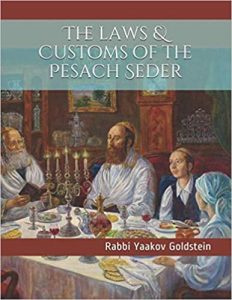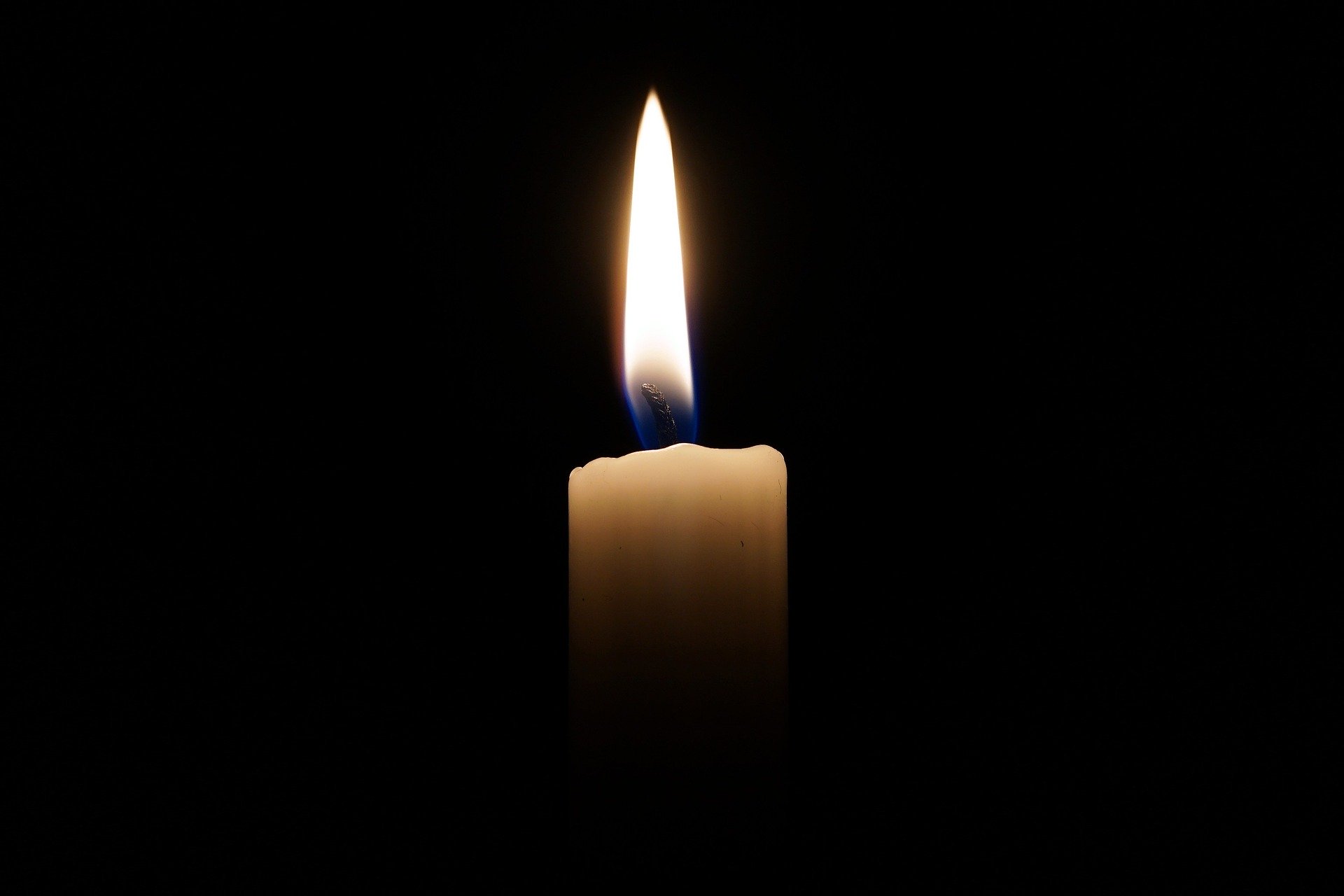
*As an Amazon Associate I earn from qualifying purchases.
General instructions
The Shlah’s general overview of the Seder:
The Shlah Hakadosh describes the order of the night of the Seder as follows: “After completing the festive prayer of Maariv and Hallel one is to return home. Him and his wife are to act like a King and Queen and his children are to act like princes. They are to prepare vessels of gold and silver and wear silk and expensive garments of all that Hashem has made available for them. This is all done to express one’s great joy and gratitude of all the kindness that Hashem has done for us. The holiness of this night and all of its accompanied laws and customs, contains much holiness, as on this night Hashem chose us as His nation from amongst all other nations, and sanctified us with his Mitzvos. Therefore, one is to beware not to talk any mundane speech on this night. One is to warn his family not to talk of any mundane matters during the Seder, in order so they not to be separated even one moment from their Dveikus to Hashem. The entire night they should be involved in the Mitzvos of that night, retelling the story of the exodus, and publicizing it to his family. However, one who knows the Kabalistic intents of this night is to spend his time dealing with them.”
The great revelation on this night:
All the Divine revelations which were revealed at the time of the exodus are revealed annually on the night of the Seder. It is for this reason that one feels an extra joy on the night of the Seder, more than on other Holidays or Shabbos. Guarding one’s speech-Not to talk of matters unrelated to the Seder:
One is to beware not to talk any mundane speech on the night of the Seder. One is likewise to warn his family not to do so, in order so they not be separated even one moment from their Dveikus to Hashem. This especially applies from the time one makes Kiddush until after Hallel.
Being a Mentch [a refined human being]:
The Rebbe Rashab once related to his son the Rebbe Rayatz that throughout the Seder one needs to concentrate on being a Mentch, and by doing so hashem will help [him accomplish this]. One is to especially focus on this matter when the doors are open for Shefoch Chamascha. One is to ask for spiritual things and not focus on materialism.
The importance of every step of the Seder:
Every person should perform the exact steps of the Seder as established by the Sages, and no matter of this order should be light in his eyes, as every step of the Seder contains significance even if it does not appear so in the eyes of the person. All the matters performed on this night have special meaning and are instrumental in assisting the soul to leave its spiritual Egypt.
Studying the instructions prior to each Siman:
Prior to each step of the Seder, one is to study the instructions that are relevant to that step, as printed in the Haggadah prior to each Siman.
- Maaseh Rebbe: The custom of the Rebbe was to look inside the Haggadah prior to each step and quietly read the instructions of that step, as written in the Haggadah.
Reading the Simanim:
Prior to each step of the Seder, one is to say the Siman of that step. For example, prior to Kadesh one is to say the word Kadesh, and prior to Urchatz one is to say the word Urchatz, and so on and so forth. This is done because each step of the Seder contains great mystical secrets which are emphasized upon being verbalized.
- Maaseh Rebbe: The custom of the Rebbe was to look inside the Haggadah prior to each step and quietly read the Siman of that step, as stated above.
Reading the Haggadah out loud and in a Niggun:
It is customary in many communities to recite the Haggadah with a Niggun. The Siddur Arizal writes prior to Mah Nishtana that the Haggadah is to be said aloud, with great joy and concentration. [So also conclude other Poskim. This applies even if one is performing the Seder alone. The Rebbe Maharash once instructed the Chassidim by his Seder table, who were very quiet upon reading the Haggadah, that they should each say the Haggadah aloud. Accordingly, the Rebbe Rayatz was accustomed to read the Haggadah aloud, and in those times that he could not read it aloud due to his speech impediments, he would instruct others to say it aloud.]
- Maaseh Rebbe: The custom of the Rebbe was to read the Haggadah quietly, although he would instruct whoever was the lead reader to read it aloud.
Commentary on the Hagadah:
It is customary throughout the Seder for the Seder leader, and other participants to recite commentary on the Haggadah and its steps. The custom of the Rabbeim was as follows: They would only recite commentary during the section of Maggid of the Haggadah, from Hei Lachma Aniya until Asher Goaleinu. Nonetheless, they would not stop during the stanzas of Dayeinu until Lichapeir Al Kol Avonoseinu. In all cases, one is to beware of the time so that he can complete the Afikoamn before midnight.
Haggadah’s:
By the Rebbe’s Seder table he had in front of him his Haggadah of Likkutei Taamim Uminhagim, as well as the Siddur Arizal of Rav Shabsi of Rashkov. Throughout the Seder he would study from both of them.
Niggunim/Singing:
By the Rebbe’s Seder table, they did not sing any of the stanzas, and no Niggunim were sung during the meal. This was likewise the order by the Seder of the Rebbe Rayatz.
Learning the laws of Karban Pesach:
It is proper to study the laws of the Karban Pesach during the meal of the Seder. Some are accustomed to learning from the Rambam’s laws of Karban Pesach.
Having all the children of the family, including babies, be present by the Seder:
All the children of the family should be awake and present for the Seder including even a nursing baby. Thus, a mother is to nurse her child and nap him before the Seder begins, in order so the child be awake by the Seder. The reason for this is because even the smallest of children were present by the exodus and the splitting of the sea and proclaimed Zeh Keily Vianveihu.
The Shiurim of Revius and Kdei Achilas Peras for the Four Cups:
See Chapter 1 Halacha 4F and J-H.
The Shiurim of Kezayis, and Kdei Achilas Peras for Matzah & Maror:
See Chapter 3 Halacha 5-6.
Eating and drinking during the Seder:
See Chapter 3 Halacha 8!
Leaving the Seder table during the Seder:
See Chapter 3 Halacha 9!




Leave A Comment?
You must be logged in to post a comment.